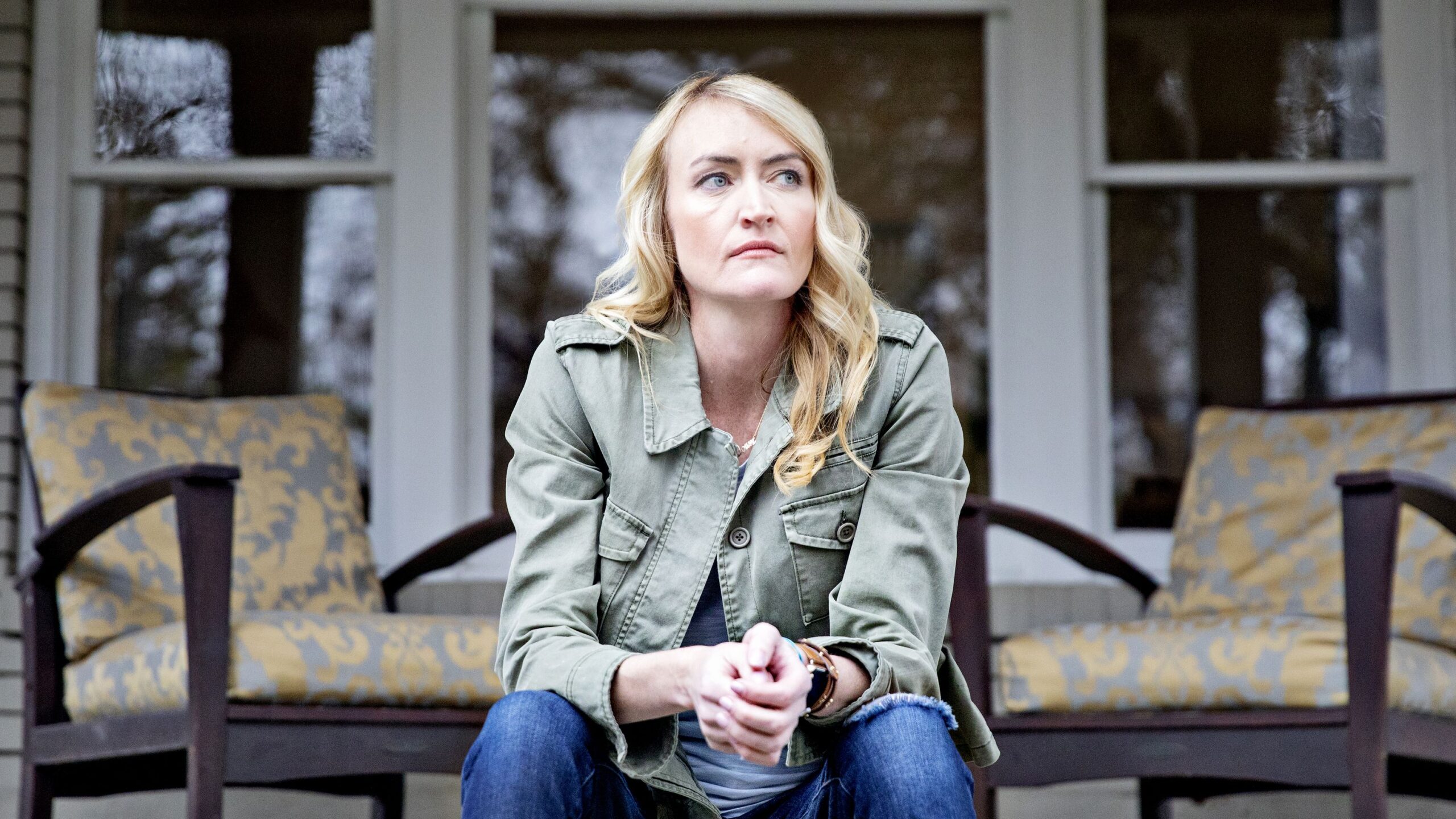Heather Armstrong: A Life of Candid Expression and Triumphs

Heather Armstrong, the influential and trailblazing mommy blogger known for her unfiltered and honest approach, tragically passed away at the age of 47. Throughout her career, she fearlessly shared her struggles as a mother, battles with depression, and journey through alcoholism on her widely popular website, Dooce.com, and various social media platforms. Her untimely death has left a void in the blogging community, but her legacy as a pioneer in the genre will continue to inspire generations to come.
Building Dooce.com and Achieving Success

Heather Armstrong began her blogging journey in 2001 when she launched Dooce.com. What started as a platform to share her thoughts on pop culture with friends soon evolved into a global sensation, attracting thousands of readers worldwide. Armstrong’s authentic and relatable writing style resonated with readers, propelling her to become one of the first and most popular mommy bloggers of her time.
Over the years, Armstrong’s raw and unapologetic posts about her experiences as a mother, her relationships, and the challenges she faced captivated her audience. Her ability to express herself candidly, often with a touch of humor and occasional expletives, drew readers closer to her narrative. As her popularity soared, she signed book deals and released a memoir in 2009 titled “It Sucked and then I Cried: How I Had a Baby, a Breakdown, and a Much Needed Margarita.” Her accomplishments earned her appearances on esteemed platforms such as Oprah and a place on Forbes’ list of most influential women in media.
Divorce and New Beginnings
In 2012, Heather Armstrong and her husband decided to part ways, marking a significant turning point in her personal life. Shortly thereafter, she embarked on a relationship with Pete Ashdown, a former US senate candidate, and they built a life together with Armstrong’s two children, Leta and Marlo. Armstrong continued to share the ups and downs of her life on platforms like Instagram and Dooce, where she fearlessly tackled topics ranging from pregnancy and breastfeeding to the everyday struggles of parenting.
Heather Armstrong faced her own battles with addiction and sobriety, bravely documenting her triumphs and setbacks along the way. In one poignant post on Dooce, she celebrated six months of sobriety, highlighting the intense emotional journey she endured during her recovery. Her transparency provided solace to many who faced similar challenges, showing them that healing and growth were possible even in the face of overwhelming adversity.
A Roller Coaster Journey
Armstrong’s blogging career was not without its share of controversies and criticisms. As her popularity grew, so did the scrutiny and negative attention. Detractors accused her of being a bad parent and leveled harsh judgments against her. However, she persevered, undeterred by the barbs of critics, staying true to her voice and continuing to share her story.
Throughout her memoir and blog posts, Armstrong chronicled her struggles with chronic depression, shedding light on her ongoing battle with this often misunderstood condition. In 2017, after the unraveling of her marriage, she experienced a significant decline in popularity, prompting her to seek help at the University of Utah’s Neuropsychiatric Institute. In a desperate attempt to find relief, she enrolled in a clinical trial that involved undergoing 15-minute sessions of chemically induced coma. This unconventional approach to treatment underscored Armstrong’s unwavering dedication to finding happiness and stability for the sake of her children.
Remembering Heather Armstrong and Seeking Support
Heather Armstrong’s tragic passing serves as a somber reminder of the importance of mental health awareness and support. While her journey had its share of triumphs and setbacks, it highlights the need for ongoing conversations about mental health and the availability of resources for those in need. In the wake of this devastating loss, it is crucial to emphasize the importance of seeking help and reaching out to support networks.
Heather Armstrong’s story is a testament to the power of sharing one’s experiences and creating connections through vulnerability. Through her blog and social media platforms, she opened up about her own struggles, providing comfort and reassurance to countless individuals who felt alone in their battles.
Her impact extended far beyond the realm of blogging. Heather Armstrong’s candid storytelling and fearless approach to addressing taboo topics not only inspired others to share their own stories but also challenged societal norms surrounding motherhood and mental health.
In light of this tragedy, it is essential to remember that help is available for those in crisis. Organizations such as the National Suicide Prevention Lifeline in the United States, Samaritans in the UK and Ireland, and Lifeline in Australia offer immediate support to individuals in distress. The importance of reaching out to friends, family, or mental health professionals cannot be overstated. Together, we can break the stigma surrounding mental health and work towards a society that prioritizes well-being and support for all.
As we mourn the loss of Heather Armstrong, we must also celebrate her legacy as a pioneer in the blogging world. Her courage to share her personal experiences, both the highs, and lows, created a platform for others to find solace and connection. Her influence as a mommy blogger will continue to resonate with readers and writers alike, reminding us of the power of authenticity and the impact one person’s story can have on the lives of many.
Heather Armstrong’s passing leaves behind a void in the blogging community, but her contributions to the world of digital storytelling and her commitment to advocating for mental health will not be forgotten. As we reflect on her life, let us honor her memory by fostering open dialogue, supporting those in need, and spreading compassion and understanding to all.
In memory of Heather Armstrong, may we strive to create a world where no one feels alone in their struggles and where the power of storytelling can heal and inspire.







